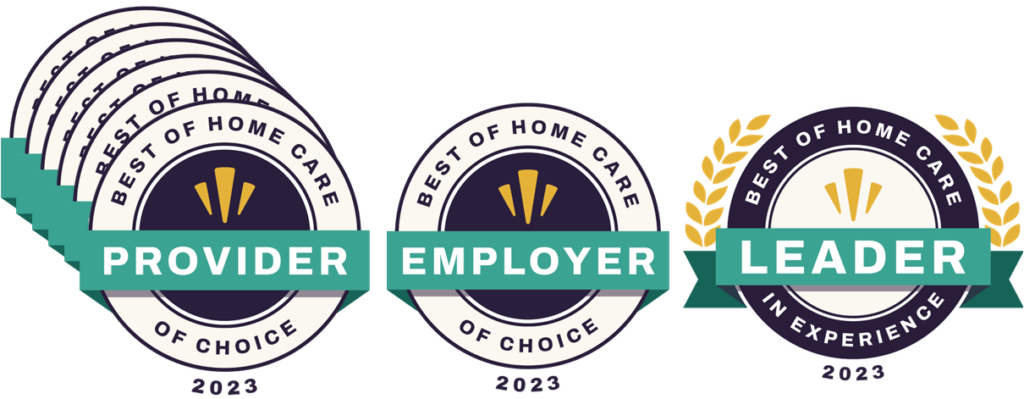Our Brain, the most important and yet most neglected part in our entire body is the least likely to receive attention in our annual check-up. Have you noticed that the brain is not included on the blood chemistry panel? There are no in-office laboratory tests for the brain at this time.
Did you know that neuro-psychological testing is reimbursable by Medicare, and that getting a test every two years after age 60 may assist early-diagnosed folks to explore evidence-based novel new learning programs approved by Medicare that may prolong their capacity to age in place. For more information ask your primary care provider. You may also visit find more information on this topic at the Alzheimer’s Association website.
When is the right time to see a medical provider?
There are 10 warning signs and symptoms:
- Memory loss that disrupts daily life
- Challenges in planning or solving problems
- Difficulty completing familiar tasks at home, at work or at leisure
- Confusion with time or place
- Trouble understanding visual images and spatial relationships
- New problems with words in speaking or writing
- Misplacing things and losing the ability to retrace steps
- Decreased or poor judgment
- Withdrawal from work or social activities
- Changes in mood and personality
If you notice any of them, please see a medical provider.
If you suspect your loved one may have Alzheimer’s disease or a related dementia, it is important to get a proper diagnosis from a licensed medical provider. Be aware that many illnesses can cause confusion or dementia, and in some cases, those illnesses could be treated. For example, a urinary tract infection may cause confusion, but it can be treated. By having a correct diagnosis from a medical provider, the medical provider can decide on the best treatment and the family can start planning for the future.
While there is no cure for Alzheimer’s Disease and some other dementias, a loved one diagnosed with Alzheimer’s Disease can maximize the quality of his or her life by receiving an early diagnosis. The first step in getting an accurate diagnosis for an individual is visiting with that person’s primary care physician.
Alzheimer’s is diagnosed through a complete medical assessment. If you or a loved one have concerns about memory loss or other symptoms of Alzheimer’s Disease or dementia, it is important to be evaluated by a physician.
There is no single test that can show whether a person has Alzheimer’s. While physicians can almost always determine if a person has dementia, it may be difficult to determine the exact cause. Diagnosing Alzheimer’s requires careful medical evaluation, including:
- A thorough medical history
- Mental status testing
- A physical and neurological exam
- Tests (such as blood tests and brain imaging) to rule out other causes of dementia-like symptoms
Despite the lack of disease-modifying therapies for Alzheimer’s, studies have consistently shown that active management of Alzheimer’s and other dementias can improve quality of life through all stages of the disease for individuals with dementia and their caregivers. Active management includes:
- Appropriate use of available treatment options,
- Effective management of coexisting conditions,
- Coordination of care among physicians, other health
- Care professionals and lay caregivers; e.g., family, and Community Health Workers
- Participation in activities and/or adult day care programs and taking part in support groups and supportive services.
Quick tips to help you prepare your loved one for a visit to the medical provider
Focus on treatment
Many people fear going to the medical provider because they are afraid of being diagnosed with Dementia or Alzheimer’s. Reassure them by letting your loved one know that there are other less serious conditions that can mimic cognitive changes and are treatable.
Keep a journal of physical or mental complaints, unusual behaviors, and questions
Record such things as: What symptoms have you noticed? When did the symptoms first appear? How have the symptoms changed over time? Be specific and include minor symptoms. Present this to the medical provider before the visit, if possible.
Make a list of current medications
Include both prescription and over-the-counter drugs— even vitamins, supplements, herbs, and eye drops. Be sure to include a list of any drug allergies, as well as a list of current and past health problems.
Schedule the appointment
You may want to talk with your loved one about making an appointment. Discuss this topic with your loved one, unless you think it will be upsetting. Ask your loved one if you can go along to the visit.
Seize the opportunity
Suggest a check-up if your loved one expresses any concern about “not remembering things lately.” You could explain that there can be many factors affecting memory such as stress, depressed or anxious mood, poor sleep, poor nutrition, insufficient physical activity, etc., and that there are new medications that may be helpful, but they must be prescribed by a medical provider. Ask permission to make an appointment.


